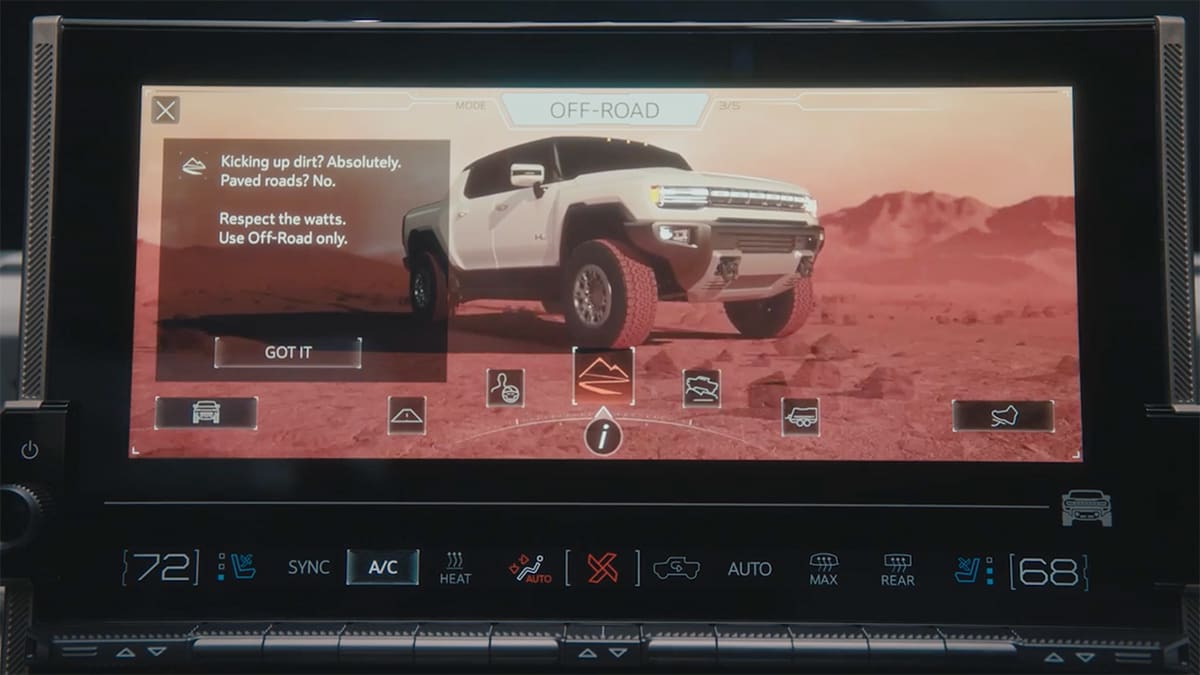Ford issued more recalls than any other automaker in 2023, based on partial data through Dec. 20. The automaker led in the number of recalls, while Honda led in the total number of vehicles recalled. But there is progress in some of the numbers.
According to the National Highway Traffic Safety Administration, Ford issued 55 safety recalls in 2023, down from 67 last year. The repair campaigns affected 5.9 million vehicles, down from 8.6 million in 2022, which put the automaker in second place for the total number of vehicles recalled. Honda’s 19 recalls affected 6.3 million cars.
Related: Recalls 101 — What You Need to Know to Stay Safe
Chrysler issued the second-highest number of recalls, at 45. Kia came in third for the total number of recalled cars, with more than 3 million affected by its 20 repair campaigns.
Tesla had the largest single recall of the year. A recent recall to limit where users can activate its Autopilot driver assistance software affected more than 2 million cars.
What Is a Recall?
Modern cars are complex, containing thousands of moving parts, millions of lines of code, and often more than 100 microchips each. Many Americans use their car almost daily, often for years — the average vehicle on the roads around you is now more than 12.5 years old.
Anything that complex, used that heavily, will develop problems. Federal law requires automakers to fix them for free if they pose a safety risk.
Automakers must notify owners. They are still responsible for recall repairs even if you bought the car used. The National Traffic and Motor Vehicle Safety Act mandates that automakers provide free repair on recall issues for 15 years from the date of sale. Still, most manufacturers will honor recalls even on older cars.
In particularly threatening cases, automakers may even ask drivers to stop using their cars until they’re fixed.
Ford Making a Quality Control Push
Ford is making a concerted effort to fix the quality control issues that have led it to this point, reports Automotive News. A company spokesperson “pointed to actions Ford is taking to improve quality, such as additional testing, complexity reduction, and rigorous process discipline. Connected data, warranty information and better traceability with suppliers is also helping Ford to determine potential volumes affected and identify root causes quicker.”
But, because problems sometimes occur in years-old cars, a quality push can take a long time to show results.
“It’s just going to take some time before their efforts start to bear any fruit,” Michael Brooks, executive director of the Center for Auto Safety, told AN. “This year, we didn’t see it. They’re still leading the pack by a pretty good amount.”




